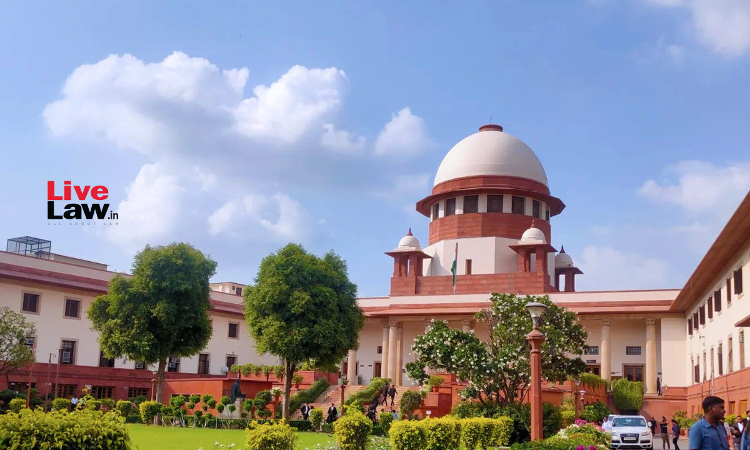Is Non-Production Of Power Of Attorney Fatal To Title Suit? Supreme Court Split Verdict
Sohini Chowdhury
15 Jan 2023 10:55 AM IST

Next Story
15 Jan 2023 10:55 AM IST
The Supreme Court, on Friday, passed a split verdict in a plea pertaining to the issue that when a sale deed is executed on the strength of a deed of Power Attorney, the non-production of the deed of Power of Attorney in the suit is fatal to the case of the plaintiff. The judgment was passed by a Bench comprising Justice M.R. Shah and Justice B.V. Nagarathna. While Justice Shah took note of...
